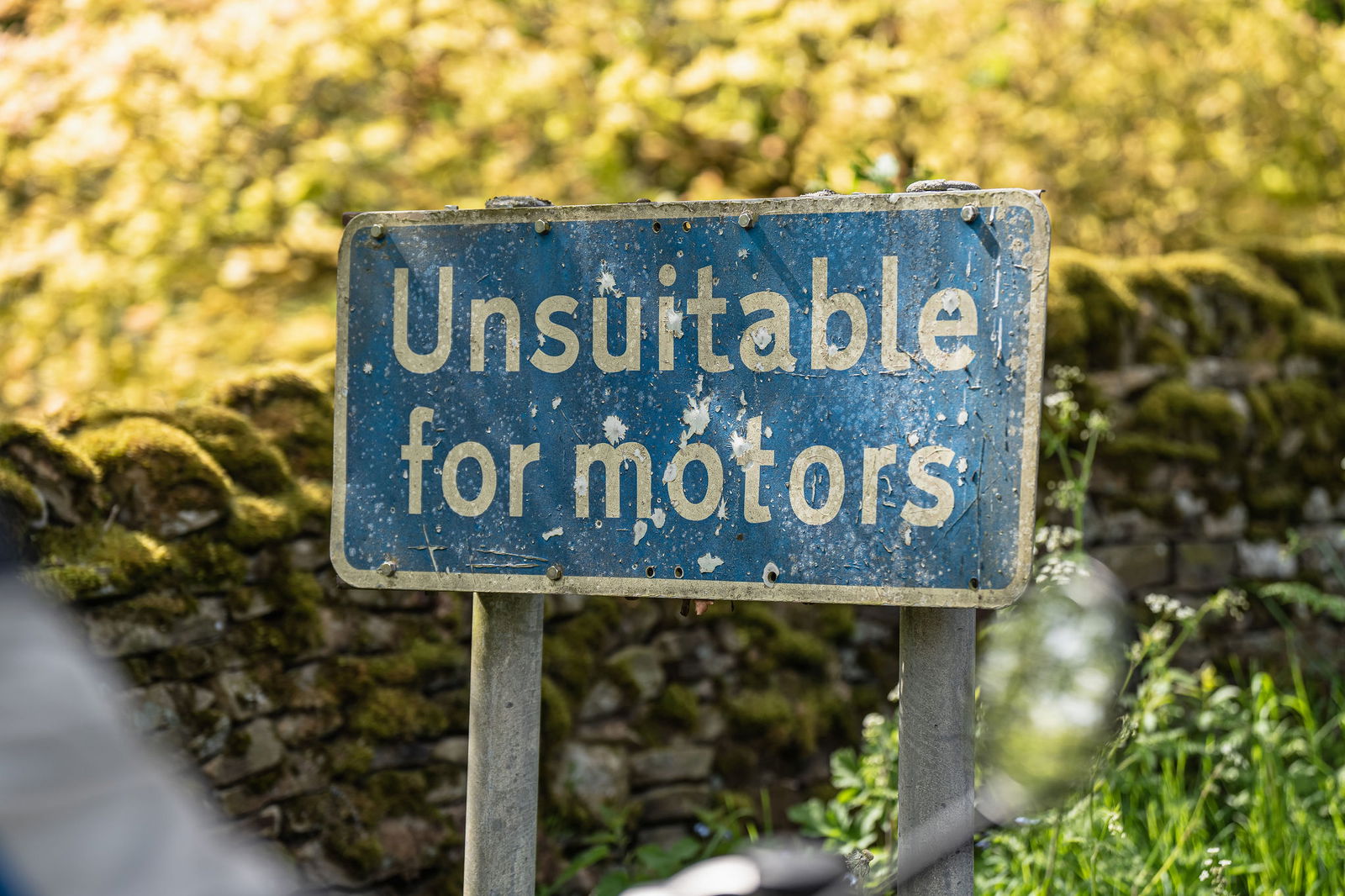High Court allows vehicular access to rural Wrexham road
The High Court has ruled against Wrexham County Borough Council in its ETRO blocking public vehicular access to a popular rural road.

A High Court decision has revoked a rule which had banned motorised access to a rural road in Wrexham.
The traffic regulation order was applied to a road known as ‘Whitestones’ in Llansanffraid Glyn Ceiriog, Wrexham County Borough, and prevented vehicular access to the road.

The UK National Motorcyclists Council (NMC) says that the road is a popular one among ‘green laners’, but that reports of difficulty in using the road began to appear in 2016, when blockages began emerging which the NMC says were an attempt to block public use of the road.
The Green Lane Association (GLASS), a member of the Land Access and Recreation Association (LARA) notified Wrexham Council in May 2021 that the road was “out of repair,” the NMC says, which resulted in an improvement of the condition of the road.
However, Wrexham County Borough Council decided to issue an Experimental Traffic Regulation Order (ETRO) for the road, that would prevent the public from vehicular access to the Whitestones route regardless of its condition.

GLASS and the Trail Riders Fellowship (TRF) both challenged the ETRO, the latter taking the case to the High Court. Among its claims were that the Council had failed to make the appropriate consultations before issuing its ETRO.
A High Court order has now quashed the ETRO, meaning there is once again vehicular access - including for motorcycles of course - to the road for members of the public.
John Vannuffel, from the Trail Riders Fellowship, said: “TRF welcomes Wrexham County Borough Council’s swift decision to consent to the quashing of the prohibition order and acceptance of a failure to consult TRF as required.
“Wrexham County Borough Council’s efficient response has enabled costs for all parties to be reduced. The requirement to consult is baked into legislation and statutory guidance. The law is adequate but the application of the law rests with traffic authorities exercising powers to restrict or prohibit traffic. Public authorities must hear the other side and not only listen to those pressuring for a prohibition or restriction.”
GLASS commented: “Whilst this is a significant victory in our fight against unfair exclusion of recreational users, GLASS are aware that local peoples’ attitudes towards the use of this route are mixed, and we wish to remind our members and other users that they are expected to observe the GLASS or TRF codes of conduct when using any green road.”

